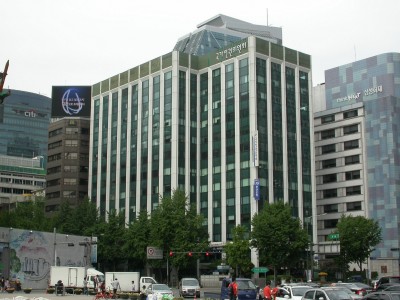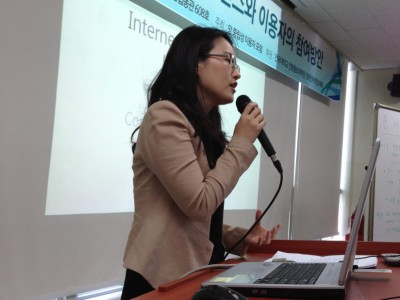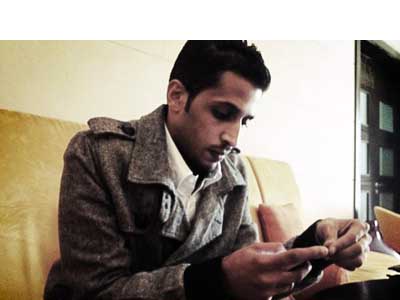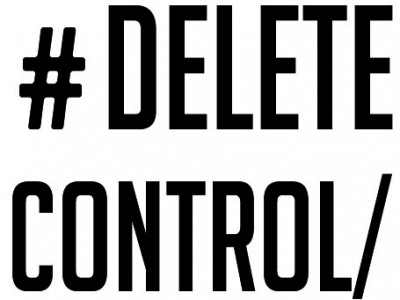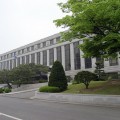Stories about Free Expression from January, 2013
Open Source Design Tools for Human Rights Activists
The world's premier human rights organizations often have entire communications teams with dedicated graphic designers to celebrate their work. But not every organization can afford to have a designer. There are several open source design tools that allow anyone to create killer flyers, posters, icons, or campaign -- the only limit is your imagination.
Colombia: Copyright Law Rejected by Constitutional Court
On Wednesday night, October 23, 2012, the Colombian Constitutional Court declared unconstitutional Articles 13 and 14 of the Law 1520, better known as Lleras Law 2.0. The proposed law provides for sanctions of online copyright infringement, in accordance with the Free Trade Agreement signed between Columbia and the United States.
South Korea: Stricter Online Games Regulations Face Discontent
The South Korean government in on the offensive against online games addiction. But the policy is increasingly controversial among South Korean youth, says our author Jae Yeon Kim.
South Korea: How to Regain Ownership of the Internet
On January 11, 2012, Network Neutrality Forum, an alliance of South Korean Internet freedom-concerned civic organizations, hosted a public workshop to discuss ways to increase civic participation in global Internet governance. Our author Jae Yeon Kim participated in the meeting and has this report.
Kuwaiti Twitter User Jailed for Two Years for Insulting Emir
Kuwait slapped a two year prison sentence to yet another Twitter user for using the microblogging site to insult its ruler. Netizens react.
#DELETECONTROL/: Campaign Against Digital Repression
The Humanist Institute for Cooperation, Hivos, in partnership with Global Voices Advocacy, Witness, Mideast Youth and Tactical Technology Collective, are launching #DELETECONTROL/, a campaign to help threatened netizens fight against digital repression.
South Korea: Public Interest in Internet Governance Issues Rekindled
On January 3, 2013, Creative Commons Korea co-organized a public event on Internet governance entitled “Global Great Power Rivalries on the Internet”. The meeting was especially focused on the outcome of the recent World Conference on Information Technology.
Venezuela: Home of Twitter User Raided
The home of Twitter user Federico Medina Ravell, who's allegedly behind the account @LucioQuincioC, was raided on Sunday, January 6, by Venezuelan intelligence officers. The micro-blogger is suspected of spreading rumors about the health of Mr Hugo Chávez.
China: Sina Weibo Manager Discloses Internal Censorship Practices
One Sina Weibo manager , frustrated by the pressure from the Propaganda Department imposed upon him and his colleagues, forcing them to censor a controversial editorial, writes an inside story to explain his difficult position.
Zambia: Minister Threatens Editors of Online Watchdog with Treason Charge
A Zambian government minister has allegedly threatened to arrest the editors of the online citizen media newspaper, Zambian Watchdog. The minister is also said to have threatened to charge the editors with treason, a capital crime in Zambia, punishable by death.
South Korea: Perspectives on Chinese New Net Control Laws
On December 28, 2012, the Chinese government approved a set of new net control laws that would make it compulsory for internet intermediaries to enforce users' real name registration. In South Korea, a similar online real name registration policy has been in place since 2005. Let's examine the South Korean experiment and see what lessons Chinese netizens can learn from it.



